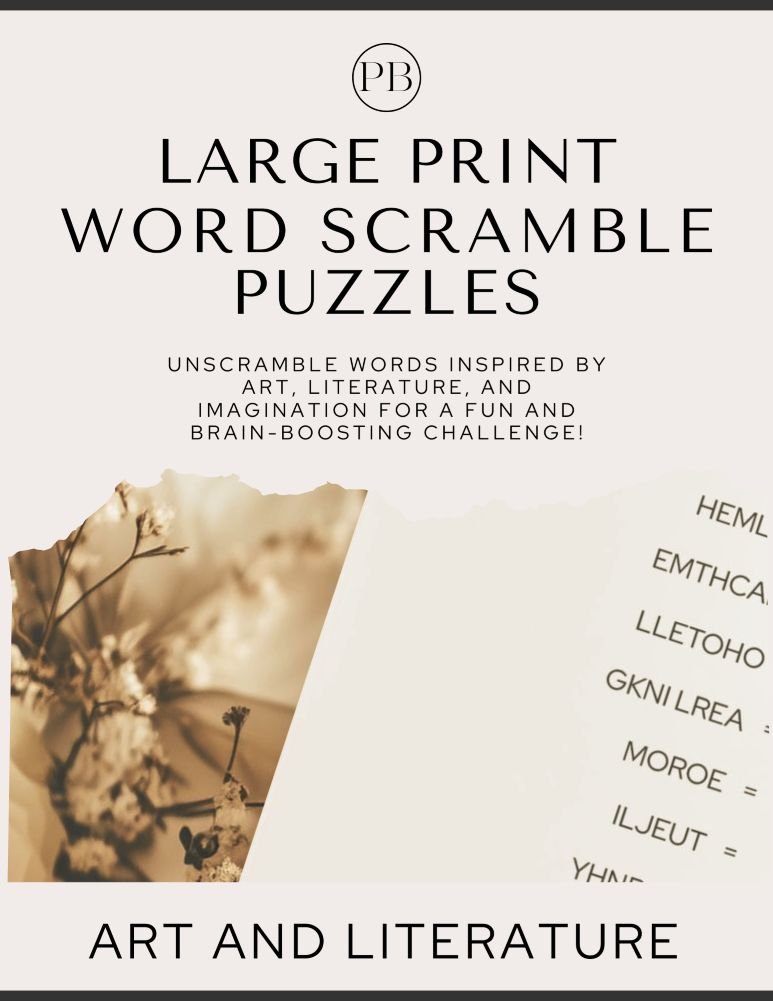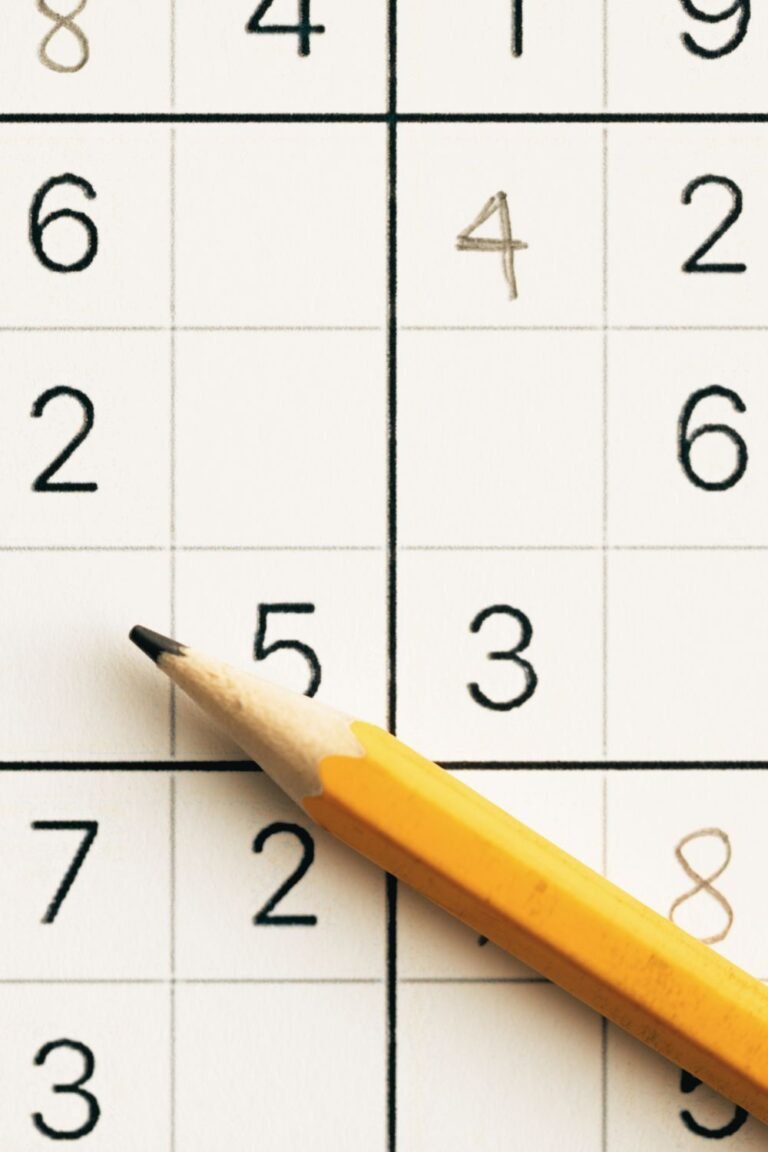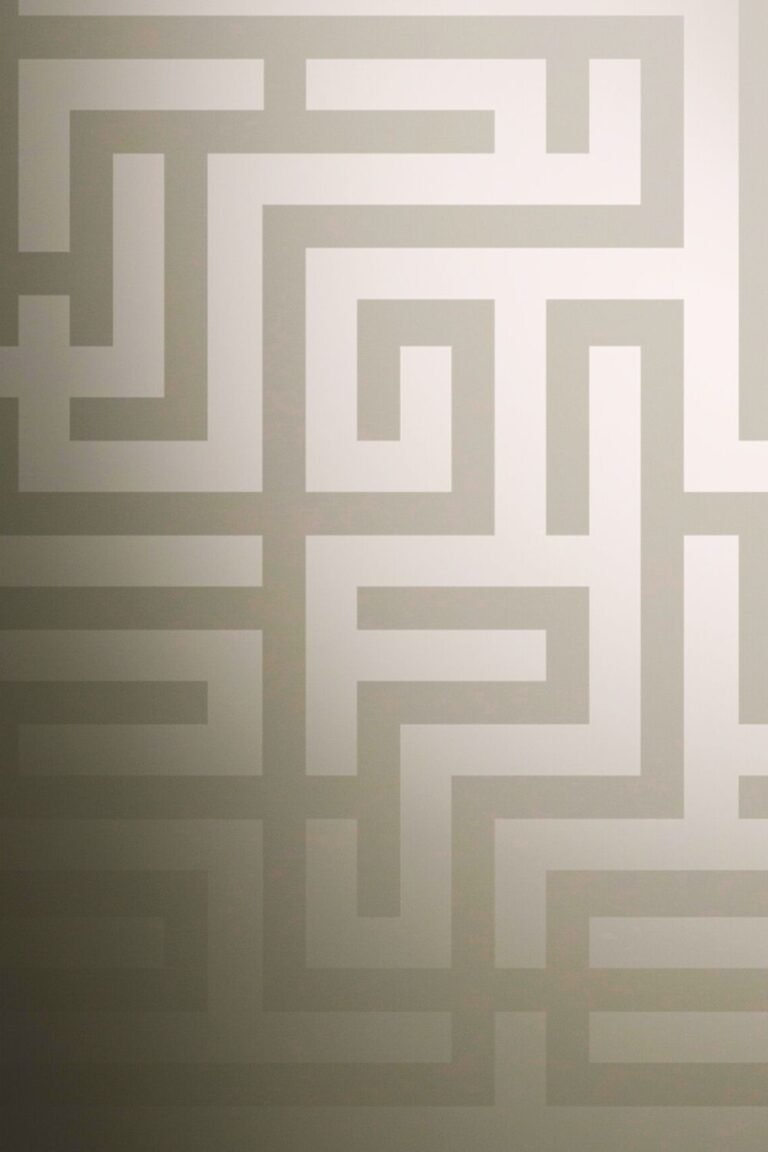Jumble Puzzles
The Mystery of Jumble Puzzles – Why Do We Love Them?
You see a tangled mess of letters—completely scrambled, seemingly out of order. At first glance, it looks like gibberish. But then, something happens. Your brain kicks into gear, searching for familiar patterns, common letter combinations, and hints of recognizable words. Suddenly, you see it—the letters fall into place, the puzzle clicks, and the answer is clear. That “aha!” moment is exactly why we love jumble puzzles!
Jumble puzzles tap into something deeply satisfying—the thrill of decoding, the joy of recognizing a hidden word, and the challenge of problem-solving in real time. Whether you’re playing Jumble Puzzle Today for a daily brain boost or diving into a more complex word unscrambler game, you’re engaging in a timeless puzzle-solving tradition that sharpens your mind while keeping things fun.
But what is it about a word scramble game that makes it so addictive? The answer lies in how your brain processes words. Even when letters are shuffled, your mind is hardwired to seek order and meaning, constantly working behind the scenes to recognize familiar letter patterns. That’s why, even when a jumble looks impossible at first, your brain is already putting the pieces together—just give it a moment, and suddenly, the solution emerges.
💡 Fun Fact: Studies show that humans can still recognize words even when the letters are scrambled, as long as the first and last letters stay in place. That’s why you can probably read this:
Tihs snetncee is cmopetley jmubeld, but you can sltil raed it!
Your brain is doing the heavy lifting, just like when you solve a word unscrambler game. That’s why Jumble Puzzle Today is more than just a fun challenge—it’s a proven way to keep your mind active, engaged, and sharp!
The Unscrambler’s Toolkit
Tips & Tricks for Solving Jumble Puzzles
Ever stared at a word scramble game for what feels like forever, only to realize the answer was right in front of you the whole time? Don’t worry—it happens to even the best puzzle solvers! The key to mastering Jumble Puzzle Today and other word unscrambler games is to train your brain to recognize patterns faster. With a few simple tricks, you’ll be solving jumbles like a pro in no time.
Look for Common Prefixes & Suffixes
Many words in the English language follow predictable structures. If you spot familiar prefixes (un-, re-, pre-, dis-) or suffixes (-ing, -ed, -tion, -ly) within the jumble, start there. These elements provide a solid foundation for rearranging the rest of the letters. Example: If you see LBUEMJ, you might quickly recognize -BLE or -UM as familiar endings, helping you land on JUMBLE much faster.
Spot Small Words First
When letters are all scrambled together, they can look overwhelming. Instead of tackling the whole puzzle at once, try breaking it down into smaller chunks.
Example: If the jumble is RODSWE, you might quickly see “DO” or “WE” first. Once you spot a small word, it’s much easier to rearrange the remaining letters into “WORDS.”
Pro Tip: Many jumbled words contain common letter pairs like “TH,” “SH,” “CH,” and “QU”—if you find these, you’re halfway there!
Say It Out Loud
It might sound silly, but sometimes hearing the letters aloud helps your brain recognize familiar sounds and syllables faster. Try pronouncing the letters in different orders—you might accidentally stumble onto the correct word just by saying it!
Example: If you’re stuck on “EGRAT”, saying the letters out loud might help you recognize “GREAT” before you even write it down.
Try This: Next time you solve Jumble Puzzle Today, challenge yourself to say the letters in different orders before writing anything down!
Write It Down in Different Orders
If your brain isn’t spotting the word immediately, try physically moving the letters around. Writing the letters in different sequences can trigger recognition and make the answer pop out.
Example: If your jumble is “ELTAT”, try writing:
T A T L E
E L T A T
A T T L E
Suddenly, “TABLE” jumps out at you! This technique works wonders in word unscrambler games where letters are completely mixed up.
Solve Without a Pencil for an Extra Challenge
Want to level up your jumble-solving skills? Try solving without writing anything down! Mentally rearranging the letters forces your brain to work harder, making it an even better exercise for memory and problem-solving skills.
Pro Tip: Set a timer while playing Jumble Puzzle Today and see if you can solve the puzzle entirely in your head before writing down the answer!
Train Your Brain, One Jumble at a Time
Mastering word scramble games isn’t about being the fastest solver right away—it’s about building strong pattern-recognition skills over time. With practice, these tricks will become second nature, and soon you’ll be solving jumbles in seconds instead of minutes.
Whether you’re playing for fun, training your brain, or competing with friends, Jumble Puzzle Today is the perfect daily challenge to keep your mind active and engaged. So, are you ready to put your skills to the test?
Download a Jumble Puzzle Book and Start Unscrambling Today!
Jumble Puzzles vs. Other Word Games
What Makes Them Unique?
Word puzzles come in all shapes and sizes—crosswords, anagrams, word searches, and more. But jumble puzzles stand out as a special kind of challenge. Unlike other word games, where the letters are already in order or you have hints to guide you, jumbles demand that you rearrange chaos into clarity.
If you’ve ever played other word games and thought, “This is fun, but I need something different,” then jumble puzzles are the perfect mix of mystery, problem-solving, and wordplay. Here’s how they compare to other popular word games:
Crosswords vs. Jumble Puzzles – The Clue vs. The Challenge
Crosswords rely on definitions and trivia knowledge to help you fill in the blanks. But with jumble puzzles, all the letters you need are right in front of you—you just have to find the right order. Instead of searching for answers in your memory, you rely on pattern recognition, logic, and quick thinking to decode the scrambled word.
Biggest Difference? Crosswords test your knowledge, while jumbles test your ability to see words in a new way.
Word Searches vs. Jumble Puzzles
The Hunt vs. The Reveal
In a word search, the challenge is to spot hidden words within a grid—but those words are already in order. Jumble puzzles take it a step further by forcing you to figure out the correct order of letters before the word even makes sense.
Biggest Difference? A word search works from a list, while a jumble puzzle doesn’t.
Anagrams vs. Jumble Puzzles
Word Scramble vs. Brain-Bending Challenge
An anagram is just a simple letter rearrangement, but jumble puzzles take that concept to a whole new level. Many jumble puzzles feature intentional letter arrangements designed to be misleading, making them much trickier than regular anagrams.
For example, a simple anagram of “ACT” is “CAT”, but a jumble puzzle might give you something like “C T A”, forcing you to think beyond the obvious and test different combinations before you arrive at the correct word.
Biggest Difference? An anagram is usually a simpler mix-up, while a jumble puzzle is carefully designed to challenge your brain.
Scrabble vs. Jumble Puzzles
Build vs. Decode
In Scrabble, you create words using any letters you like—but in a jumble puzzle, you must work with the exact letters given and find the one correct answer.
Biggest Difference? Scrabble is about strategy and point-scoring, while jumbles are about pure word-solving skills.
Bottom Line: Jumble puzzles are the ultimate test of word recognition, quick thinking, and letter arrangement skills. They combine the best elements of other word games and turn them into a fast, fun, brain-boosting challenge.
Now that you know what makes jumbles special, let’s explore how they train your brain and improve mental agility!
The Science of Jumbles
How Jumble Puzzles Train Your Brain
You might think of jumble puzzles as just a fun way to pass the time, but science says otherwise. Research shows that solving word puzzles—especially ones that require active problem-solving and pattern recognition—can strengthen cognitive function, enhance memory, and even delay mental decline as we age.
So what exactly is happening in your brain when you solve a jumble puzzle?
Strengthens Working Memory
Improved Cognitive Flexibility
Every time you tackle a jumble puzzle, your working memory is activated. This is the part of your brain responsible for holding information temporarily while you process it.
Think about it: When you see a jumble, your brain immediately starts juggling different possible word combinations, rearranging letters in real time. This constant back-and-forth strengthens your ability to retain, manipulate, and apply information quickly—a skill that’s useful in everything from problem-solving to decision-making.
Brain Fact: Studies show that people who engage in word puzzles regularly have sharper cognitive function and stronger recall abilities than those who don’t.
Improves Word Recognition & Vocabulary
Jumble puzzles train your brain to recognize words faster, which in turn helps with reading speed, comprehension, and vocabulary expansion.
Here’s why:
- The more jumbles you solve, the better your brain becomes at spotting familiar letter patterns.
- You encounter new words, expanding your language skills without even realizing it.
- Your ability to decode scrambled letters improves over time, making reading and writing easier.
Try This: Keep track of new words you learn from jumble puzzles—you’ll be surprised at how much your vocabulary grows!
Boosts Problem-Solving Skills & Mental Agility
Jumble puzzles require you to think quickly and flexibly. When one solution doesn’t work, you immediately shift gears and try another combination. This strengthens cognitive flexibility, which is your brain’s ability to adapt to new information and change strategies when needed.
Think about how useful this skill is in everyday life:
- Quickly coming up with solutions at work.
- Finding alternate routes when you’re lost.
- Adapting to unexpected challenges.
Brain Fact: Research from the American Academy of Neurology found that people who engage in word games and puzzles regularly have a lower risk of cognitive decline as they age.
Reduces Stress & Encourages Mindfulness
Ever notice how solving a jumble puzzle makes the rest of the world fade away? That’s because word puzzles require full concentration, pulling your attention away from stress and distractions.
- A jumble puzzle is a mental escape—a simple, satisfying way to take a break from daily worries.
- Focusing on unscrambling letters promotes mindfulness, helping you feel more relaxed and present.
- The small win of solving a jumble releases dopamine, a feel-good chemical in your brain that enhances motivation and mood.
Try This: Next time you feel overwhelmed, take a quick break and solve a jumble puzzle—it’s a stress-reliever in disguise!
Jumbles Are More Than Just a Game
Jumble Puzzles are Brain Boosters!
Jumble puzzles aren’t just about untangling letters—they’re about training your brain, sharpening your skills, and keeping your mind active and engaged. Whether you solve them as a fun daily habit or a quick mental workout, each jumble puzzle strengthens your ability to think quickly, recognize patterns, and stay mentally sharp.
Now that you know how jumble puzzles challenge and improve your brain, it’s time to put your skills to the test!
Download a Jumble Puzzle and Start Unscrambling Today!
The Daily Jumble Habit
How One Puzzle a Day Can Sharpen Your Mind
If you’re looking for a quick and effective way to give your brain a daily boost, making jumble puzzles part of your routine is one of the easiest and most enjoyable habits you can develop. Unlike long-form brain training exercises or complex logic puzzles that demand heavy concentration, jumbles offer a fast, satisfying challenge that fits effortlessly into your day.
Whether you’re solving in the morning with your coffee, during your lunch break, or as an evening wind-down ritual, a daily jumble keeps your brain engaged while offering a small, rewarding mental workout.
Morning Brain Booster
Start Your Day with a Mental Warm-Up
Your brain is like a muscle—it performs best when warmed up before tackling the challenges of the day. Solving a jumble puzzle first thing in the morning activates your problem-solving skills, kickstarting your cognitive function for whatever’s ahead.
Try this: Solve a jumble before checking emails or diving into work. It will help sharpen your focus, improve recall, and get your brain firing on all cylinders.
Midday Focus Reset
A Quick Recharge for a Productive Afternoon
Ever hit that midday slump where your brain feels sluggish and unfocused? Instead of reaching for an extra cup of coffee, try solving a jumble puzzle. Taking a short mental break re-energizes your brain, improves concentration, and helps prevent burnout.
Try this: Keep a printable jumble puzzle at your desk and use it as a 5-minute reset when you feel mentally drained. You’ll return to your tasks more focused and alert.
Evening Wind-Down
Relax and Unplug Before Bed
Instead of scrolling through your phone before bed, swap screen time for a relaxing jumble puzzle session. Studies show that word puzzles help calm the mind by offering a simple, structured task that promotes relaxation without overstimulating the brain.
Try this: Make jumble puzzles part of your nighttime routine. It’s an easy, screen-free way to unwind, engage your mind, and ease into sleep.
Track Your Progress and Challenge Yourself
A great way to stay motivated with daily jumble puzzles is by tracking your solve times and seeing how you improve. The more you solve, the faster and more efficient your brain becomes at recognizing letter patterns and decoding words.
Try this: Keep a jumble journal to record your times and see how much faster you get over time!
Ready to Solve? Grab a Jumble Puzzle Now!
Now that you know how jumble puzzles challenge your brain, sharpen your skills, and fit effortlessly into your daily routine, it’s time to put your word-unscrambling abilities to the test! Whether you’re looking for a fun mental warm-up, a stress-free break, or a new puzzle habit, we have the perfect jumble puzzles ready for you to solve today.
Are you ready to take on the challenge? Browse our collection of printable jumble puzzles and find the perfect mix of fun, challenge, and brain-boosting exercise!
Join the list!
Get the best deals, updates and subscriber-only offers – right in your inbox!









